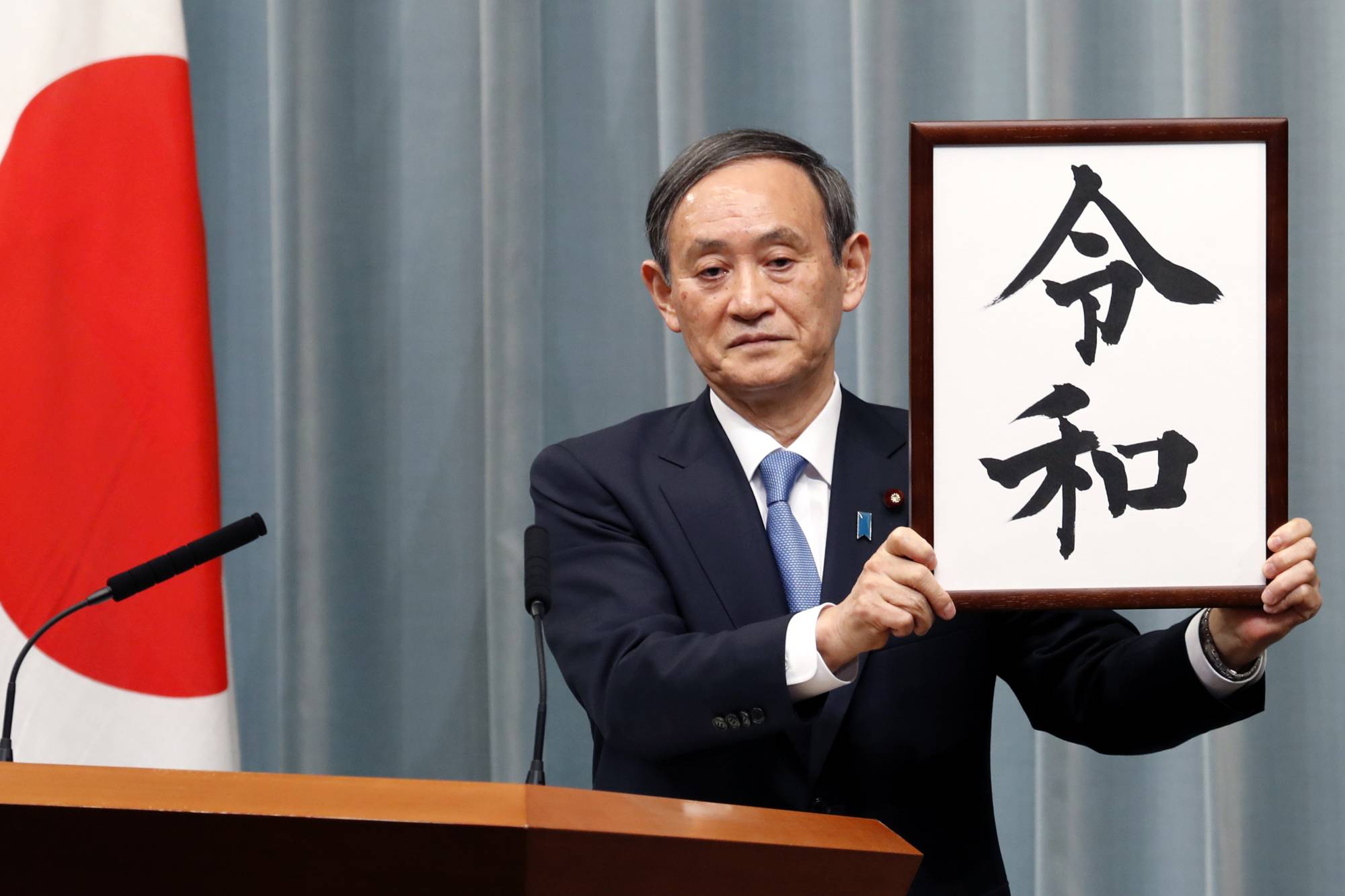Yoshihide Suga was elected the 99th prime minister of Japan on Wednesday, succeeding Shinzo Abe who was forced to step down unexpectedly because of ill health. Suga was picked to ensure stability and continuity in government and policy. That is a mixed mandate given the uncertainties that Japan faces and its lengthening list of internal and external challenges. Suga has proven to be a capable, hardworking politician throughout a long and successful career, one that many thought would end with his tenure as the longest-serving chief Cabinet secretary in Japanese history (a longevity that matched that of Abe in the Prime Minister’s Office). Maintaining a good work ethic is only part of his new job, however — he must also have the vision and creativity that are necessary to surmount the country’s many challenges. Here, the verdict is less certain.
Suga’s personal story is a remarkable tale. A self-made man, the son of an Akita strawberry farmer with no political connections, Suga supported himself as he attended night school at Hosei University. He served as secretary to an LDP politician and then became a local city assemblyman in Yokohama before moving to the national legislature. He was a member of the first Abe Cabinet, serving as minister of communications. Suga remained loyal to Abe after illness forced him from the prime minister’s office in 2007; for that devotion he was rewarded with the job of chief Cabinet secretary, the second most powerful person in government, when Abe returned as prime minister in 2012.
Suga won the top spot for himself in a parliamentary vote this week in which he secured large majorities in both the Lower and Upper House. His ascension to the Prime Minister’s Office was assured after he prevailed in the Liberal Democratic Party (LDP) presidential ballot on Monday — in a contest where he won another mandate after claiming 377 of 534 votes.
















With your current subscription plan you can comment on stories. However, before writing your first comment, please create a display name in the Profile section of your subscriber account page.